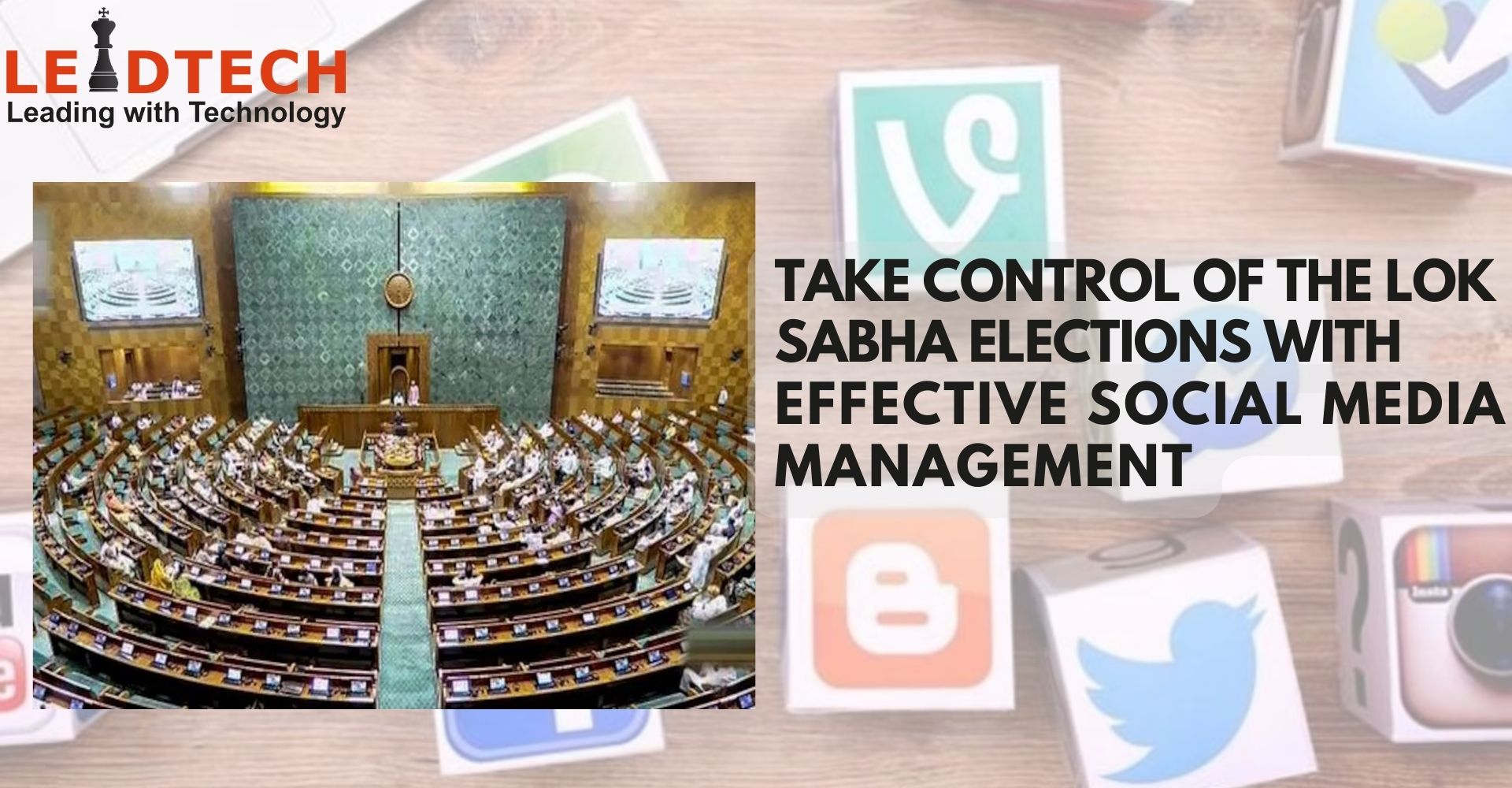
In today’s digital age, political parties rely heavily on social media to reach out to potential voters and gain an advantage over their opponents in the Lok Sabha elections. With the power of social media, parties can efficiently mobilize a vast electorate, both online and in person, to ensure victory. This was demonstrated during India’s 2019 Lok Sabha elections, as social media had a substantial impact on the outcome.
Leveraging the Power of Social Media for Lok Sabha Elections
The Bharatiya Janata Party (BJP) is a pioneer in the strategic use of social media and television for political communication. As early as 2004, the party recognized social media’s potential and began using it to engage with people. However, it wasn’t until the 2014 national elections that the BJP finally perfected the technique of social media management, leveraging it to their advantage and securing an overwhelming majority.
The BJP’s social media campaign was successful due to its early adoption of internet communication technologies (ICTs) and ability to effectively use messaging apps like WhatsApp and social networking sites like Facebook. The party identified roughly 160 constituencies that were ideal for digital campaigning, which contributed significantly to their success in these areas.
Following the BJP’s success, other political parties have jumped on the digital bandwagon and devised social media management strategies for the next Lok Sabha and state elections.
The Shift in Political Campaigning and Media Coverage
Political campaign communication is an important element of political communication research in India, with issues ranging from vote share to voter turnout, demography, economy, health, corruption, and more. However, with the 2014 elections, the emphasis switched to social media as an important campaign strategy.
Traditionally, official party events such as rallies, speeches, and canvassing have been central to campaign communication. Still, in recent years, a leader’s statement on social media has been regarded a formal form of communication.
The Changing Dynamics of Campaign Planning
Campaign plans are not etched in stone and are constantly updated to reflect political shifts and current circumstances. With the BJP setting the standard for using technology in electoral campaigns, other parties have begun to invest in specialized social media divisions and engage skilled social media strategists to improve their prospects of success.
However, it is important to emphasize that social media alone cannot win elections in India. It must be combined with a comprehensive campaign strategy that considers local characteristics as well as each constituency’s specific demands. The increase in internet usage suggests that social media management will remain an important feature of Lok Sabha elections, making it critical for parties to adapt and use these platforms efficiently.
Looking Ahead
With the increased use of social media in political campaigns, it is crucial to cultivate critical thinking skills and an inquiry mindset among citizens. This will allow voters to question and examine the information supplied to them, allowing them to make more educated judgments during the election.
In conclusion, social media has become an essential component of Lok Sabha election preparation, and it is up to political parties to successfully use this potent medium to reach the population and ensure victory in the upcoming elections.
